Have you ever wondered if there’s a natural herb that could quietly support your health in a variety of ways? Euphorbia hirta, sometimes known as the asthma plant, is a modest weed that grows in many regions but has a long history in traditional medicine. While it may not be well-known in the United States, this plant is gaining attention for its potential to support respiratory health, digestion, skin care, and more. Let’s take a closer look at what Euphorbia hirta is, how it’s traditionally used, what science says about its benefits, and what you should know before considering it as part of your wellness routine.
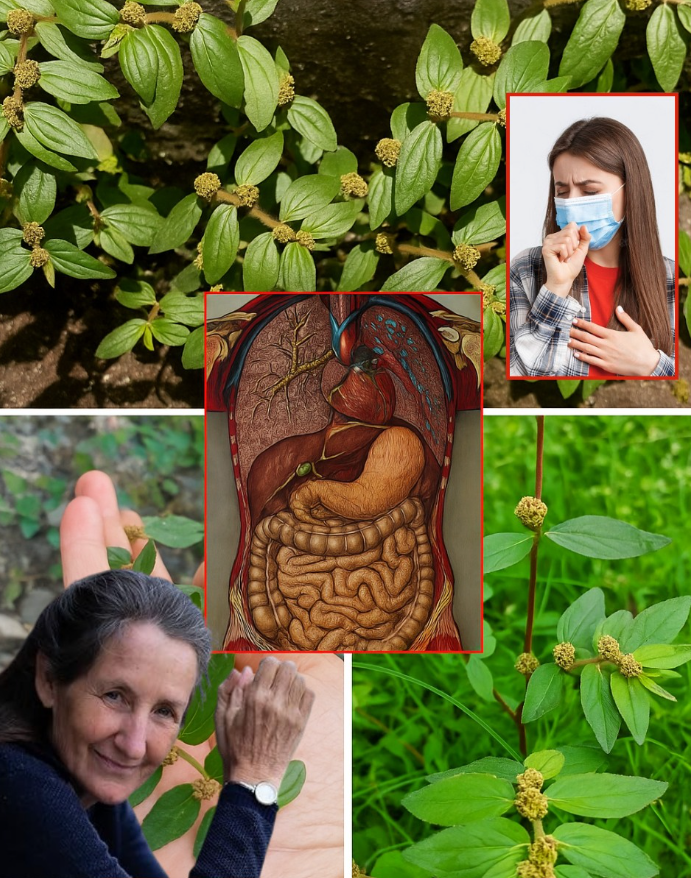
Understanding Euphorbia Hirta
Euphorbia hirta is a small, leafy herb that thrives in warm climates around the world, including parts of America. In traditional medicine, especially in Asia, Africa, and Latin America, people have used it for generations to address a variety of health concerns. The plant is often called “asthma weed” because of its historical use for breathing difficulties.
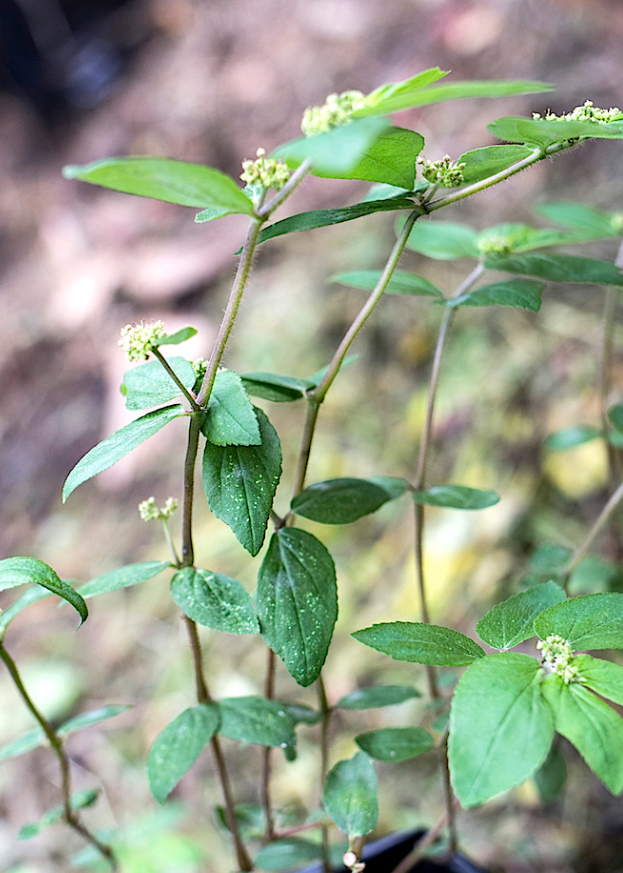
Traditional and Potential Health Benefits
Euphorbia hirta has been valued in many cultures for its ability to support respiratory health. Traditional healers have used it to help manage asthma, coughs, and bronchitis. Some scientific studies suggest that compounds found in the plant may have anti-inflammatory and bronchodilator effects, which could help open airways and make breathing easier. However, more research is needed to confirm these effects in people.
Digestive health is another area where Euphorbia hirta has been used. In folk medicine, it’s often prepared as a tea or infusion to help with diarrhea, stomach discomfort, and intestinal issues. Research points to possible anti-diarrheal and calming effects on the digestive tract, but these findings are mostly from animal studies or laboratory tests.
For skin care, people have applied crushed Euphorbia hirta leaves to wounds, boils, and minor skin irritations. The plant contains natural compounds that may help reduce inflammation and fight certain bacteria. While these uses are common in traditional medicine, it’s always best to consult a healthcare provider before trying new remedies on your skin.
Some early research has explored the plant’s potential to help regulate blood sugar and support the immune system. These effects are likely due to the antioxidants and antimicrobial compounds found in Euphorbia hirta. While these findings are promising, they have not been widely studied in humans.
What Science Reveals
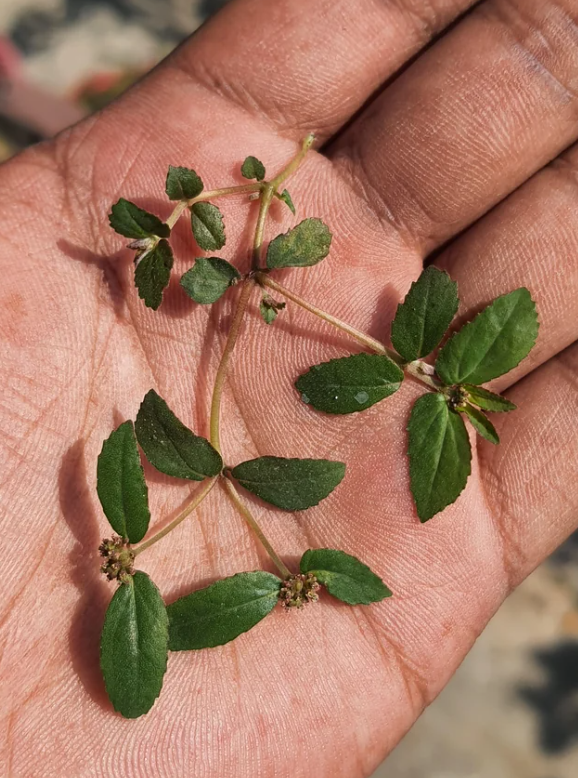
Modern studies have identified a range of natural compounds in Euphorbia hirta, including flavonoids, tannins, and polyphenols. These substances are believed to give the plant its antioxidant, anti-inflammatory, and antimicrobial properties.
Laboratory tests and animal studies have shown that extracts from Euphorbia hirta can reduce inflammation, fight certain bacteria and fungi, and help neutralize harmful free radicals. Some research has even looked at its potential to affect viruses, but these studies are still in the early stages and mostly limited to laboratory settings.
Despite these encouraging results, there is not enough clinical evidence to recommend Euphorbia hirta for treating specific health conditions in humans. Most of the available research has been done in labs or with animals, so more studies are needed to understand how it works in people.
How People Use Euphorbia Hirta
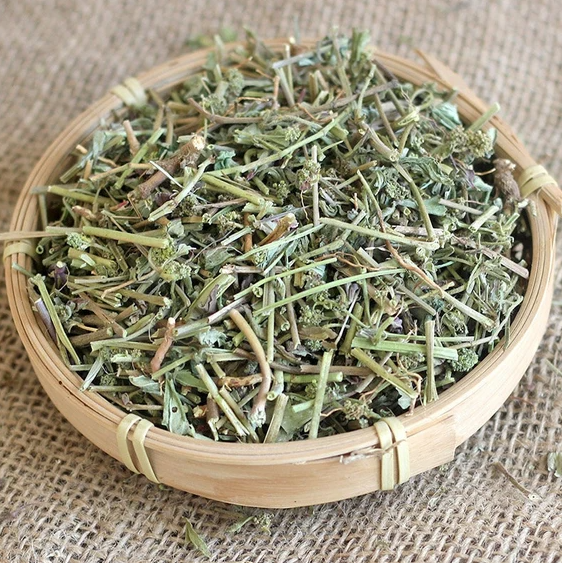
In traditional medicine, Euphorbia hirta is used in several ways. The leaves and stems are often dried and brewed into herbal teas or infusions. Some people apply the crushed plant directly to the skin for minor wounds or irritations. In some regions, you can also find Euphorbia hirta in the form of capsules, tinctures, or topical preparations.
If you are interested in trying Euphorbia hirta, it’s important to talk with your doctor first, especially if you have any health conditions or take medications. Herbal products can sometimes interact with other medicines or cause unwanted side effects.
Safety and Precautions
While Euphorbia hirta has been used safely in traditional medicine for many years, its safety has not been fully confirmed by modern research. Some people may experience stomach upset, nausea, or skin irritation when using the plant. Rarely, allergic reactions can occur, especially when applied to the skin.
It is best to avoid using Euphorbia hirta during pregnancy or breastfeeding, as there is not enough information about its safety. If you are considering using it for any health purpose, always start with a small amount and watch for any reactions. Consult your healthcare provider before using Euphorbia hirta, especially if you are taking other medications or have underlying health issues.
Making the Most of Euphorbia Hirta
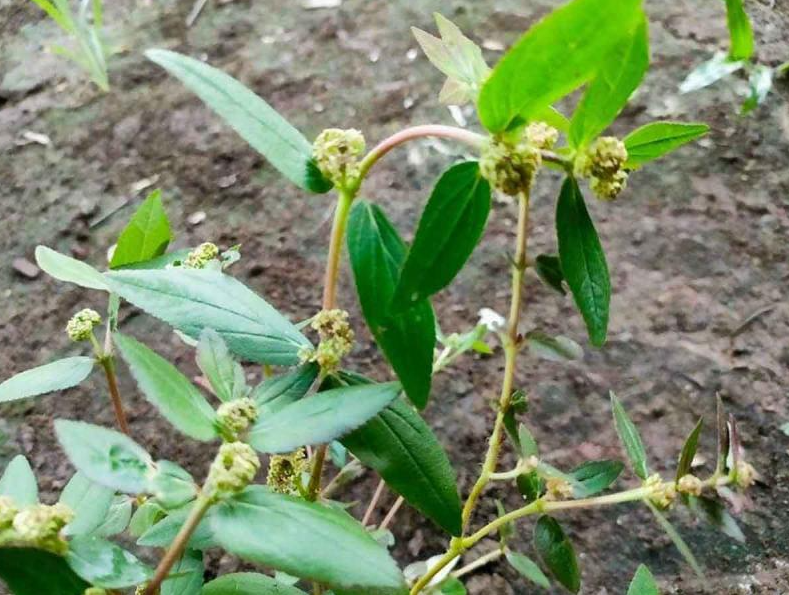
Euphorbia hirta is a fascinating herb with a rich tradition and a growing body of scientific interest. While it may offer support for breathing, digestion, and skin health, more research is needed to fully understand its benefits and safety. If you are curious about natural remedies, consider speaking with your doctor about whether Euphorbia hirta could be right for you.
If you found this information helpful, share it with a friend or family member who is interested in herbal wellness. Have you tried Euphorbia hirta or other traditional herbs? Comment below with your experience, and explore more health tips on our site!
Disclaimer: This article is for informational purposes only and does not substitute professional medical advice. Consult your doctor before making health changes.



